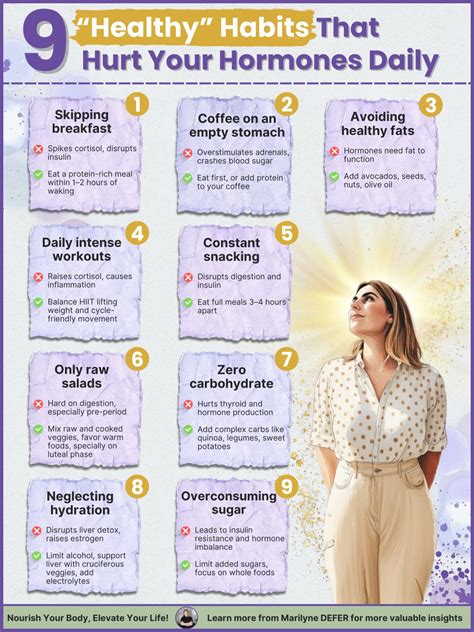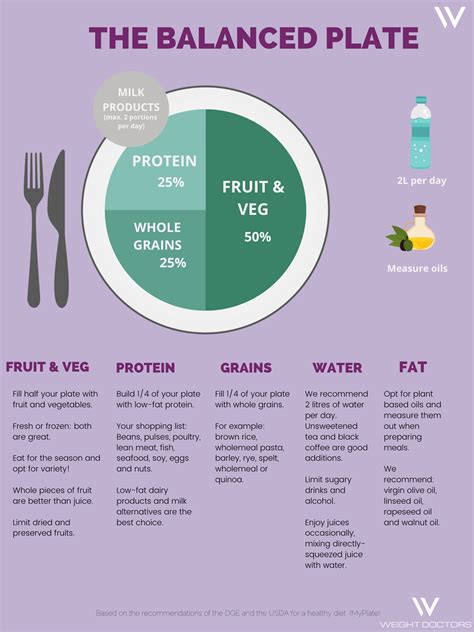Boost T-levels naturally: What daily habits optimize hormones for peak performance?

Testosterone, often associated with masculinity, is a vital hormone for both men and women, playing a crucial role in energy levels, muscle mass, bone density, mood, and cognitive function. As we age, T-levels can naturally decline, but lifestyle choices significantly impact this trajectory. The good news is that many daily habits can naturally optimize your hormone production, helping you achieve peak performance and overall well-being without synthetic interventions.
The Power of Movement: Exercise for Hormone Health
Regular physical activity is one of the most potent natural testosterone boosters. However, not all exercises are created equal for this purpose. Focus on these types of movement:
- Resistance Training: Lifting weights or performing bodyweight exercises that challenge your muscles directly stimulates testosterone production. Compound movements like squats, deadlifts, bench presses, and rows are particularly effective. Aim for 3-4 sessions per week, focusing on progressive overload.
- High-Intensity Interval Training (HIIT): Short bursts of intense exercise followed by brief recovery periods have been shown to elevate testosterone levels. Incorporate HIIT into your routine 1-2 times a week.
Avoid chronic, excessive endurance training, as it can sometimes lead to a decrease in testosterone due to increased cortisol (stress hormone) levels.

Fueling Your Hormones: Optimal Nutrition
What you eat directly impacts your hormonal balance. A balanced diet rich in specific nutrients is essential for healthy testosterone production.
- Healthy Fats: Cholesterol is a precursor to testosterone, so consuming adequate healthy fats is critical. Include sources like avocados, nuts, seeds, olive oil, and fatty fish (salmon, mackerel).
- Protein: Essential for muscle repair and growth, protein also plays a role in hormone synthesis. Aim for sufficient protein intake from lean meats, poultry, fish, eggs, and plant-based sources.
- Micronutrients:
- Vitamin D: Often called the ‘sunshine vitamin,’ it’s crucial for testosterone production. Spend time in the sun and consider supplementation if levels are low.
- Zinc: Involved in numerous enzymatic processes, including testosterone synthesis. Found in oysters, red meat, pumpkin seeds, and legumes.
- Magnesium: Supports free testosterone levels. Rich sources include leafy greens, nuts, seeds, and dark chocolate.
- Limit Sugar and Processed Foods: These can lead to insulin resistance and inflammation, both of which negatively impact hormone balance.

The Unsung Hero: Prioritizing Quality Sleep
Sleep is arguably one of the most overlooked yet critical factors for hormone optimization. The majority of your daily testosterone is produced during sleep, particularly during the deep REM stages.
- Aim for 7-9 Hours: Consistent, high-quality sleep is non-negotiable for robust T-levels.
- Optimize Your Sleep Environment: Ensure your bedroom is dark, cool, and quiet. Avoid screens before bed.
- Maintain a Consistent Schedule: Going to bed and waking up at the same time, even on weekends, helps regulate your circadian rhythm.

Taming the Beast: Stress Management
Chronic stress elevates cortisol, a hormone that directly suppresses testosterone production. Managing stress is vital for hormonal harmony.
- Mindfulness and Meditation: Regular practice can significantly reduce stress levels.
- Deep Breathing Exercises: Simple techniques can calm the nervous system instantly.
- Hobbies and Relaxation: Engage in activities you enjoy to unwind and de-stress.
- Nature Exposure: Spending time outdoors can lower cortisol and improve mood.

Beyond the Basics: Other Lifestyle Factors
Several other daily habits contribute to or detract from healthy testosterone levels:
- Limit Alcohol Consumption: Excessive alcohol intake can disrupt hormonal balance and damage the testes.
- Maintain a Healthy Weight: Obesity, particularly abdominal fat, is strongly linked to lower testosterone. Fat cells contain an enzyme (aromatase) that converts testosterone into estrogen.
- Avoid Endocrine Disruptors: Be mindful of plastics (BPA, phthalates), pesticides, and certain personal care products that contain chemicals that mimic or block hormones.
- Stay Hydrated: Water is essential for every bodily function, including hormone transport and synthesis.
Optimizing your T-levels naturally is not about a quick fix but a holistic approach to your daily routine. By integrating consistent strength training, a nutrient-dense diet, adequate sleep, and effective stress management, you create an environment where your body can thrive. These habits not only support healthy testosterone production but also contribute to overall vitality, energy, and peak performance in all aspects of life.










